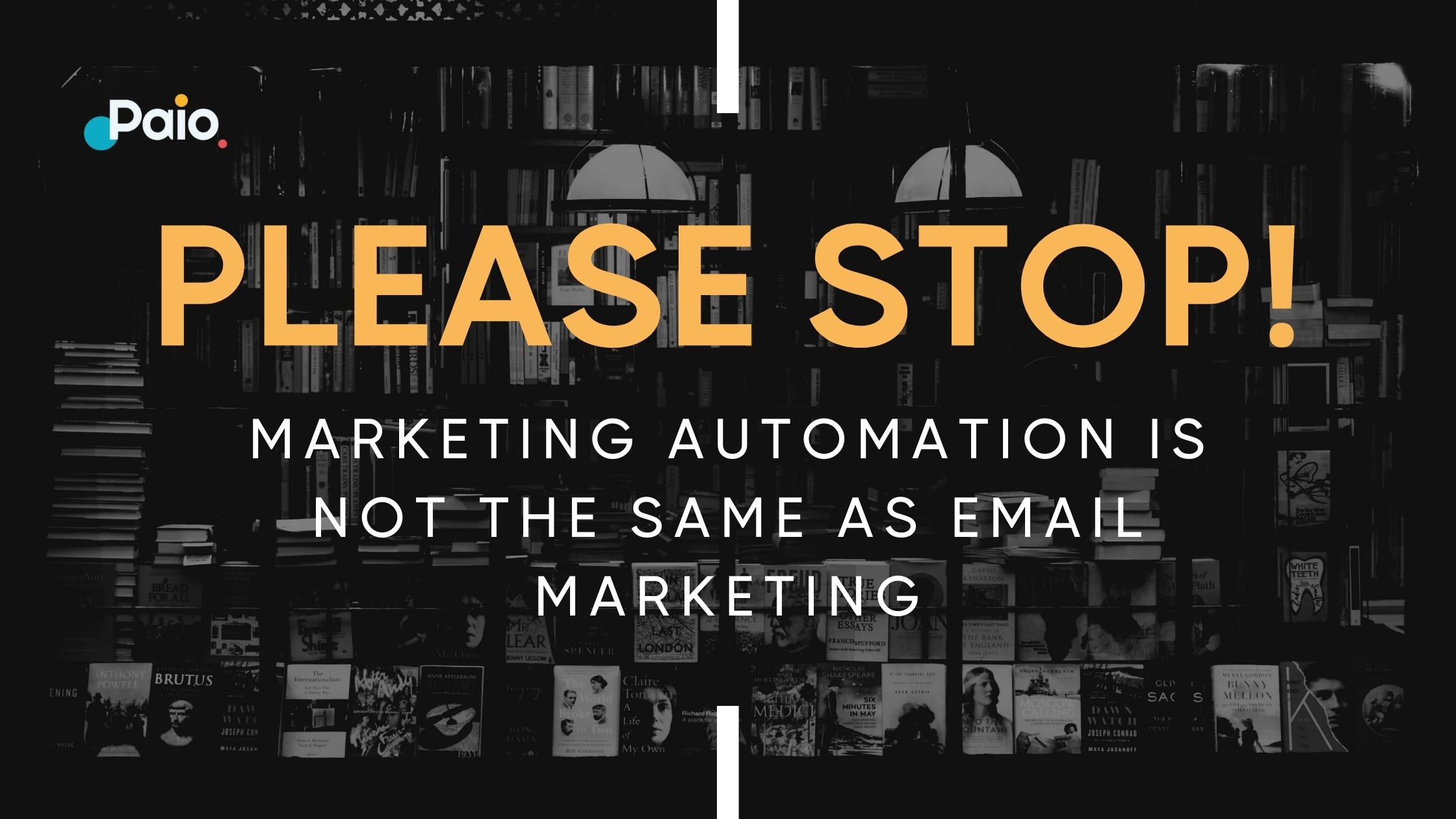“To ask the right question is already half the solution of a problem.” C.G. Jung.
If you want to create the best experience for your customers, your marketing and sales teams need to frequently ask each other the right questions. Marketing and sales teams usually focus on their individual tasks and may sometimes forget that they both have one goal, which is generating more revenue.
So, ensuring effective communication between these two departments usually leads to more sales and revenue. But for this to happen, these interactions have to be streamlined to ensure the marketing team asks their colleagues in sales the right questions. In this article, I will discuss the 5 questions that marketing teams should regularly ask sales teams in order to boost the performance of the business.
-
What is the current picture of the sales process?
The marketing team needs to always be aware of sales status and the processes they go through to convert prospects into paying customers. One of the sales reps needs to clearly explain how most sales conversions usually begin, how long it takes, and also paint a clear picture of what a sales presentation looks like.
With these insights, the marketing team will be in a better position to prepare prospects by giving them most of the information they need in order to shorten the conversion process. When prospects have most of the information they need to know about the products, they will often ask fewer questions, which shortens the buying process.
-
What are the qualities of a sales-qualified lead?
It is one thing to generate leads and a completely different thing to generate sales-qualified leads. It is only the sales team that can give marketing a clear picture of what a sales-qualified lead looks like. When this question is answered, the marketing team will have a clear idea of how to score leads and improve the lead nurturing process.
A good lead nurturing process is very crucial if you are to increase sales-qualified leads. Most of the leads that will engage with your Ads and content on various digital platforms are marketing qualified but not necessarily sales qualified. So, if the marketing team knows the right qualities of a sales-qualified lead, they can use that information to ensure all leads that are passed on to sales are sales-qualified.
-
What are the expectations of the leads regarding the product they are buying?
The sales team usually has direct contact with the customers, so they are in a better position to evaluate the expectations of the leads regarding the product being sold. The marketing team needs this information in order to avoid setting high expectations, which often creates a problem for the sales team because customers will feel let down when the product doesn’t meet their expectations.
Buying decisions are usually emotional, and if a product doesn’t meet a customer’s expectations based on what they saw in the marketing materials, the chances of not buying will increase. On the other side of things, marketing should also not set low expectations as this may lead to generating fewer leads.
The goal for asking this question is to ensure the right balance of expectations while creating marketing content. So, marketing and sales have to agree to the right balance; set expectations high enough while being realistic about the actual products. This approach will generate more sales-qualified leads.
-
What are the common questions asked customers?
With the use of sales and marketing automation tools, it should be pretty easy for the sales team to identify the questions they get asked the most. When the marketing team is aware of these questions, they can always integrate their answers into marketing content, including blog posts, FAQs, social media posts, and many more.
When most of these questions are addressed in the marketing materials, your sales team will have to attend to fewer questions, which leads to more conversions and less time required to turn leads into paying customers. Please note that the commonly asked questions will always change time after time, so sales should constantly update the marketing team whenever newer questions pop up.
-
What is the leads’ opinion about the competition?
Since the sales team interacts more with the customers, they can know what they say about the competition. After an interaction with sales, a prospect will either buy the product or not. The customers who choose not to purchase the product are a vital resource to the marketing if the sales agents get to know why they didn’t buy. Was it because of the price, timing, or lack of enough features to sway them away?
Most of the time, customers are willing to let you know why you didn’t buy your product. So, sales reps need to share this information with the marketing team. With this information, the marketing team will know what customers need and eventually make it clear in the marketing materials.
Final thoughts
When marketing has answers for all the above questions, it will be much easier to create marketing content that addresses them. With the right CRM and marketing automation tools, your sales team should find it pretty easy to answer all the above questions.
Please note, answers to these questions will continually change over time, so it is important for your sales and marketing teams to re-assess them after some reasonable time or when a new product is introduced in the market.


.jpg?width=70&name=11822273_869376790464_4398309784822550341_n%20(1).jpg)


